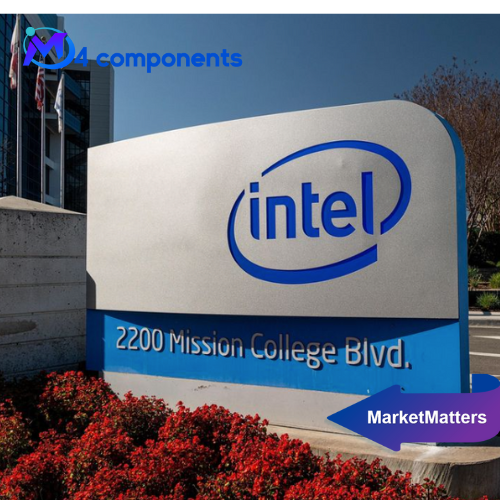Intel Grants US Government 10% Equity Stake in CHIPS Act Funding Deal
Intel announced on Wednesday an agreement with the U.S. government, under which the government will invest $8.9 billion to acquire a 9.9% stake in the company. This will make the U.S. government a major shareholder, though the investment is structured as a passive stake with no board representation or governance rights.
The arrangement is seen as Intel's concession to secure funding from the CHIPS Act, with analysts calling it a "compromise." President Trump endorsed the deal, stating it would help revitalize Intel's competitiveness in the global chip industry.
This move represents a significant policy shift, breaking with longstanding norms of non-intervention in private enterprises. Reports suggest the U.S. government may consider similar equity acquisitions in other semiconductor companies, including Micron, Samsung, and TSMC.
However, TSMC has officially denied any such discussions, emphasizing maintaining positive communication channels with U.S. authorities. Industry experts caution that this new form of government intervention could create unprecedented challenges for the global semiconductor landscape.









